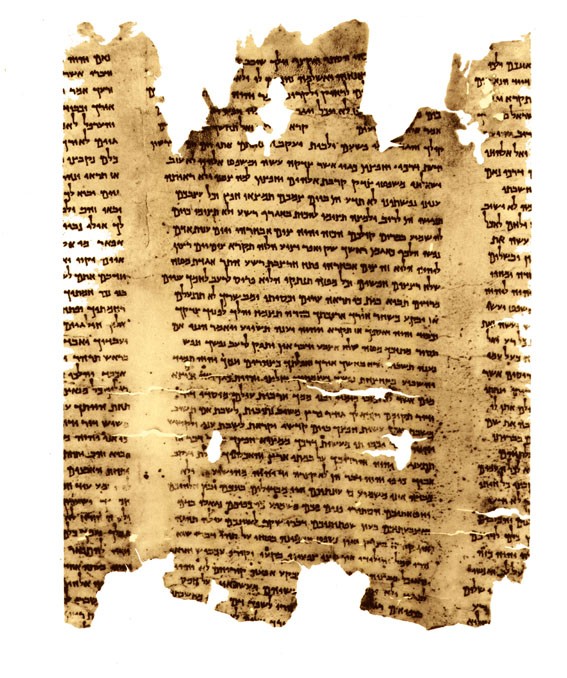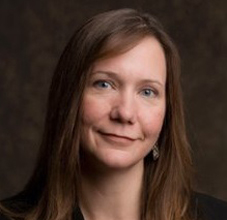A look at just a few of the important discoveries Johns Hopkins has made since 1876:
- Engineered New Horizons, an interplanetary space probe, and successfully completed a flyby study of Pluto in collaboration with NASA and the Southwest Research Institute. New Horizons is now completing its secondary mission to fly by and study one or more other objects in the Kuiper belt (2015-Present)
- Developed a garment with innovative features to help protect people on the front lines of the Ebola crisis and future deadly infectious disease outbreaks (2015)
- Built the world’s most advanced prosthetic arm, the thought-controlled Modular Prosthetic Limb (MPL), which promises to provide patients with improved, dexterous control of a prosthetic arm and hand, including a sense of touch (2011)
- Determined that massive, mature, fully formed galaxies existed more than 8 billion years ago, far earlier than expected, necessitating a re-examination of the dominant theory of galactic evolution (2004)
- Sent a spacecraft to Mercury to orbit the planet and see, for the first time, the majority of Mercury’s surface (2004)
- Landed the first spacecraft on an asteroid (2001)
- Isolated and cultivated human embryonic stem cells, the undifferentiated cell from which an entire human being eventually develops (1998)
- Helped develop the first effective treatment for sickle cell anemia (1995)
- Discovered that pennies’ worth of vitamin A supplements administered to Indonesian children as part of a blindness prevention program were accompanied by a dramatic drop in infant death rates, leading to similar vitamin treatments for thousands of children in developing countries (1983–86)
- Identified high rates of infant deaths in motor vehicle accidents, leading to the passage of child safety restraint laws throughout the United States (1979)
- Developed the first successful treatment to desensitize people against bee stings (1975)
- Invented the first implantable, rechargeable pacemaker for cardiac disorders (1972)
- Took the first color photograph of the whole earth from space (1967)
- Discovered restriction enzymes, the so-called “biochemical scissors,” which gave birth to the entire new field of genetic engineering (1960s); the discoverers were awarded the Nobel Prize in 1978 for their achievement
- Conducted the first major, large-scale research study of conditions of inequality in American schools, which resulted in the landmark report Equality of Educational Opportunity (1960)
- Invented cardiopulmonary resuscitation, the lifesaving first-aid technique, thanks to a chance observation during work on the defibrillating machine (also invented at Johns Hopkins) that weight placed on the chest increases blood pressure (1958)
- Showed that retrolental fibroplasia, which causes blindness in premature infants, was related to high concentrations of oxygen used in babies’ incubators (1954)
- Confirmed the authenticity of the Dead Sea Scrolls, speeding acceptance as genuine of these earliest biblical manuscripts (1948)
- Discovered Dramamine’s effectiveness in alleviating motion sickness (1948)
- Immunized chimpanzees with inactivated vaccines, essential to the development of the first widely used polio vaccine and a major step toward the prevention of poliomyelitis in human beings (1947–52)
- Took the first images of Earth’s curvature, from a V-2 rocket (1946)
- Developed the first supersonic ramjet engine (1944)
- Developed the “blue baby” operation to correct congenital heart defects, ushering in a new era in open heart surgery (1944)
- Developed Mercurochrome, a widely used antiseptic (1919)
- Published the first modern edition of the “The Epic of Gilgamesh,” making available to the world the most significant extra-biblical work of ancient Near Eastern literature (1891)
- Introduced the rubber glove for use during surgery (1889)
- Discovered the sweetening agent saccharin (1879)



